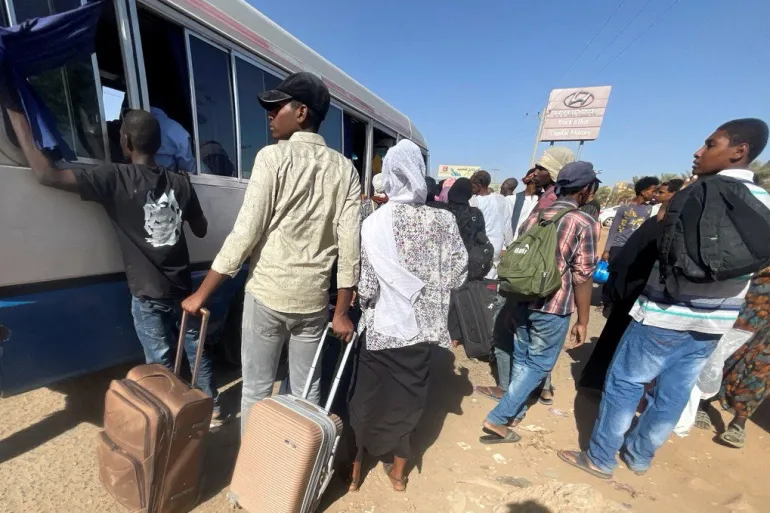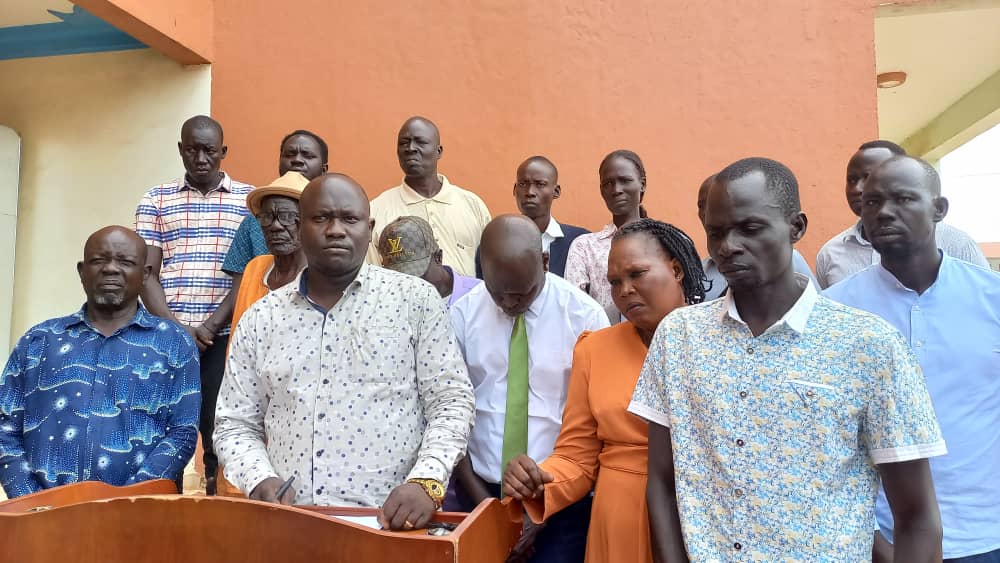
UN experts urge government to end attacks on civilians

Experts on the United Nations Commission on Human Rights in South Sudan have called on the government to end attacks on civilians and priorities peaceful and just transition.
“After nearly five years of delays in the implementation of the 2018 Revitalized Peace Agreement, South Sudan’s political leaders must seize the opportunity to reset the country toward peace, democratic transformation, and prosperity,” Barney Afako, a member of the Commission told journalists in Juba on Friday.
He disclosed that the suffering across the country remains immense, as South Sudanese women and girls continue to face unspeakable sexual violence.
Afako said political leaders must reorient their priorities and work together to put an end to this needless violence and protect the human rights of South Sudanese.
“Without a change of approach the transition will falter,” he said.
The Commission concluded it’s eleventh visit to South Sudan from 14 to 18 February.
Their visit included meetings with survivors of human rights violations, members of civil society, senior Government ministers and officials, civilian judges, military judges, diplomats, UN agencies and the UN Mission in South Sudan.
Andrew Clapham, a member of the Commission said that they have documented human rights violations in South Sudan for many years, adding that they are still shocked by the sexual violence and continuing attacks against civilians.
“The accounts from survivors are horrific. Many people the Commission has met have experienced attacks over and over again. At the same time, people responsible for crimes walk free,” Clapham said.
He said the Commission continues to identify individuals responsible for serious crimes under both South Sudanese and international law.
“We keep a confidential list of names and collect and preserve evidence against them which could be used for future prosecutions by the Hybrid Court or other suitable accountability mechanisms. We will be identifying some individuals who bear responsibility for certain events covered in our report in this next report for the UN, we would hope that the government would take steps to hold them accountable,” Clapham said.
The Commissioners visited the capital Juba, and Upper Nile State where the UN runs a protection of civilians (POC) site that is struggling to accommodate tens of thousands of new arrivals fleeing violence.
Organizations and agencies providing humanitarian support in the areas recounted their struggle to provide required assistance to the large number of people seeking shelter.
Limited funding and unsafe supply routes have complicated humanitarian efforts.
The commissioners said that victims and survivors of violence in Upper Nile revealed to them horrific stories of vicious attacks.
In the past year, the Commission has documented widespread attacks against civilians in several states, including southern Unity State where Government officials led the attacks. Conflicts in Upper Nile State and northern parts of Jonglei State have involved multiple armed groups, with minimal response from the State, despite months of widespread attacks against civilian population.
According to them extrajudicial killings also continued, implicating senior State officials, who have enjoyed impunity even where the crimes have been caught on camera. Civil society leaders and other observers told the Commissioners that political and civic space in the country has continued to shrink.



































